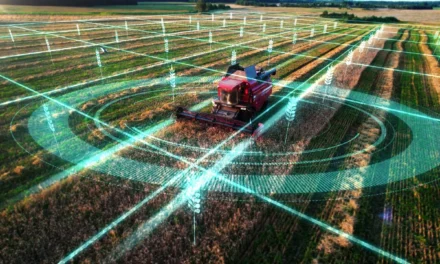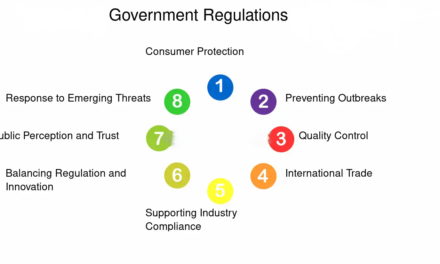AI technology can significantly enhance the efficiency of farming tools by integrating smart capabilities that optimize operations, reduce resource consumption, and increase crop yields. Here are several ways AI can improve farming tools:
1. Precision Farming
- Soil Analysis Tools: AI-powered tools can analyze soil quality in real-time, guiding farmers on nutrient requirements, optimal planting strategies, and crop rotation.
- Seed Planting Equipment: Smart seeders can use AI to determine the optimal depth and spacing for seeds, based on soil and environmental conditions.
2. Predictive Maintenance
- Farming machinery equipped with AI can predict potential breakdowns by monitoring performance data, reducing downtime and repair costs.
- Sensors and AI algorithms can provide alerts for regular maintenance, extending the lifespan of equipment.
3. Autonomous Machinery
- Drones and Robots: AI enables autonomous tractors, harvesters, and sprayers to work efficiently without constant human intervention, performing tasks like plowing, planting, and weeding.
- Guidance Systems: GPS-integrated AI tools ensure that machinery operates in straight, non-overlapping rows, minimizing fuel and labor costs.
4. Smart Irrigation Systems
- AI can optimize water usage by analyzing soil moisture levels, weather predictions, and crop requirements, ensuring just enough water is used.
- Automated irrigation systems can adjust flow rates and timing dynamically based on AI recommendations.
5. Weed and Pest Control
- Weed Identification: AI-enabled tools can differentiate between crops and weeds, applying herbicides only where necessary, reducing chemical use.
- Pest Monitoring: AI algorithms can analyze images or sensor data to detect pest infestations early and suggest targeted interventions.
6. Yield Optimization
- By integrating AI with harvesting equipment, tools can measure crop maturity and identify the best time to harvest, minimizing waste.
- AI analytics can suggest crop varieties and planting schedules that align with market demand and local climate conditions.
7. Data-Driven Insights
- Farming tools embedded with sensors can collect data on soil, weather, and crop health, which AI processes to provide actionable insights.
- AI can recommend adjustments in fertilizer, pesticide, and irrigation levels based on real-time data analysis.
8. Energy Efficiency
- AI can optimize the operation of energy-intensive farming equipment, such as tractors and irrigation pumps, by reducing idle times and improving fuel efficiency.
9. Climate Adaptation
- AI tools can adapt farming strategies to changing climate patterns, helping farmers make informed decisions about planting and resource allocation.
10. Livestock Management
- AI-integrated tools can monitor livestock health, detect early signs of illness, and optimize feeding schedules, improving overall productivity.









